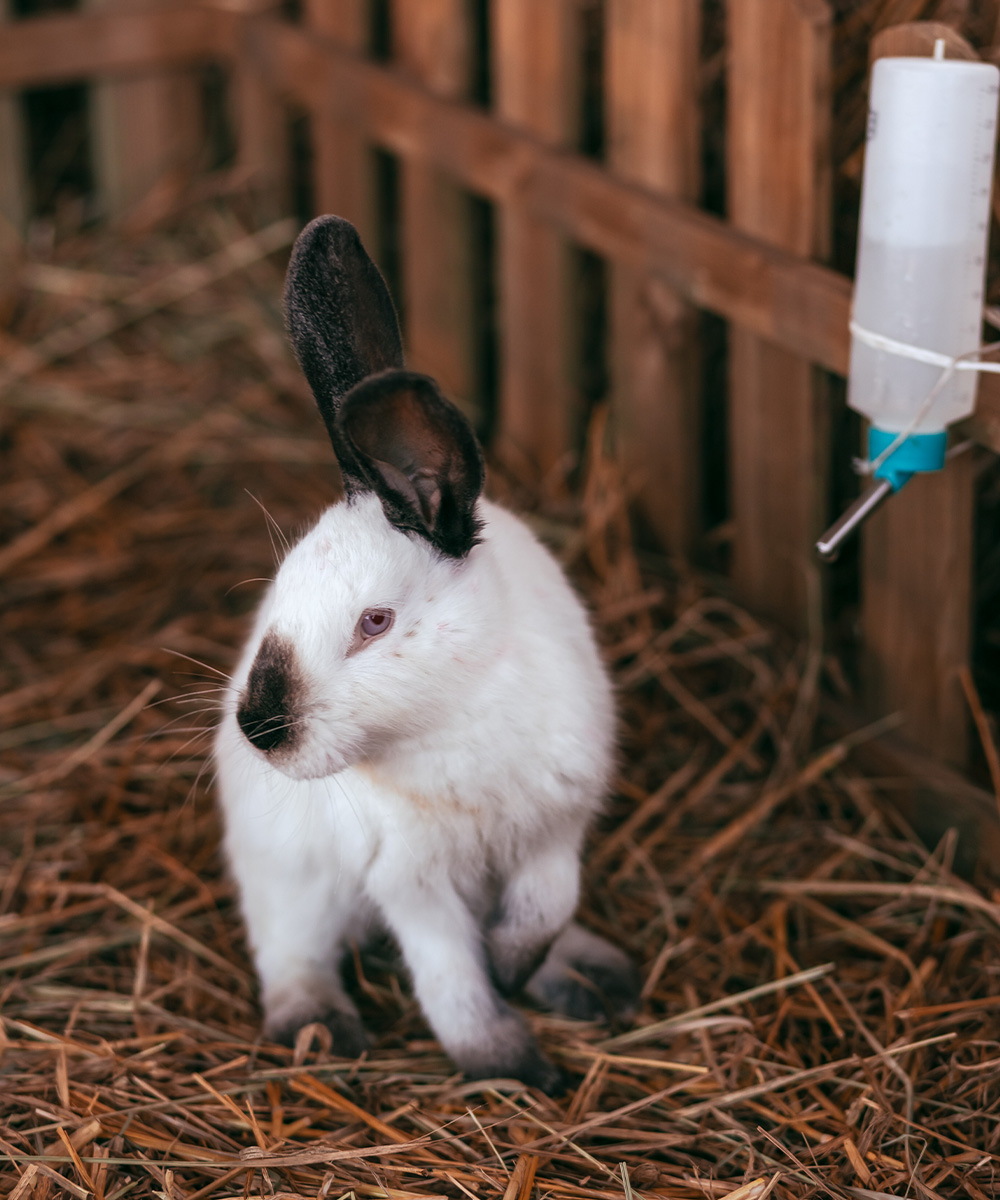Setting your pet up for success
Food is a very important and controllable factor that can help keep your dog fit and healthy. Some dogs will have food sensitivities or underlying conditions that we would recommend you discuss with our knowledgeable team so they can advise the most suitable balanced diet in these cases.
Most dogs will benefit from a complete biscuit diet. This should be balanced and appropriate for their life stage (puppy, young adult, adult or mature pet), to ensure it delivers the correct nutrients to support their demands.
Neutered dogs can need 10-20% less calories than an entire dog, a neutered specific diet can help your pet feel fuller for longer and keep their waist line in check.
A good quality biscuit diet is recommended to help keep your dog’s teeth clean, as wet or soft foods will cling to the surface of teeth and can speed up the build up of plaque.
With puppies we recommend splitting their daily portion into 4 amounts and giving 3 meals throughout the day and using the fourth portion as training treats.
Some dogs inparticular Poodles, Poodle crosses, Maltese Terriers, and other smaller breeds may not be food orientated. It is important to feed them consistently by putting the food down for 10-15minutes twice a day and removing it if they haven’t eaten. These breeds are likely to respond better to praise or a toy when training.
For any further nutritional questions, our experienced and knowledgeable nursing team can advise on an appropriate diet for your pet during your included nurse consultations as a member. These can also be carried out over video call on Petsapp if you prefer. All members receive 10% discount off Hills life-stage and prescription food, with free home delivery available.
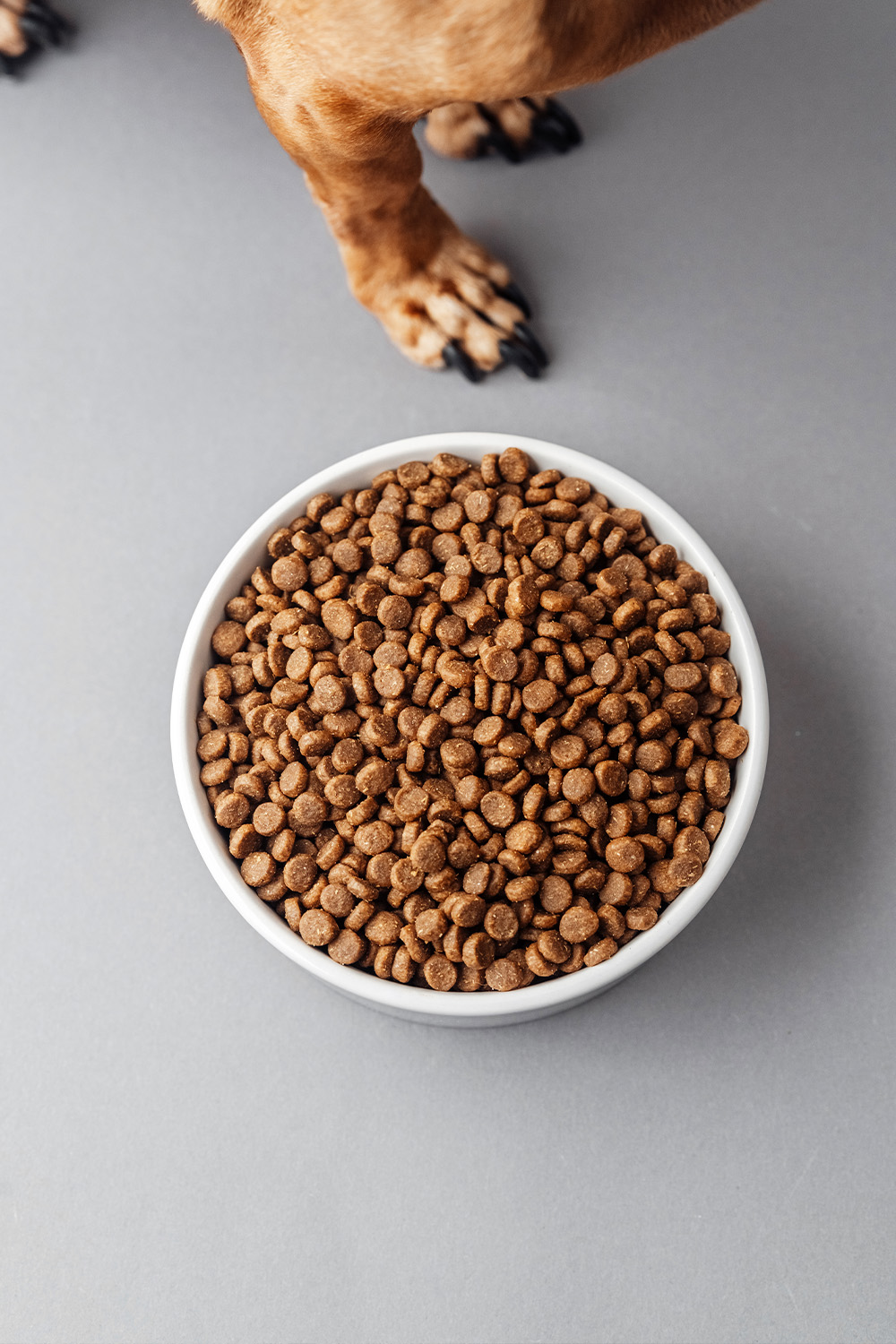
Pet insurance can be there to help with both accident and emergencies as well as for chronic conditions.
Finding a policy that suits you and your pet is important but be aware that if a policy looks too good to be true, it probably is.
A few factors we would recommend looking for in a policy :
A lifetime policy – this means that if your pet was to become unwell with an ongoing condition that the policy would cover them year on year without excluding the illness. This can provide piece of mind, knowing your pet will be covered throughout their whole life.
Policy amount – we would recommend looking for a policy with an annual cover of £7000 or above, as this should ensure enough cover for the majority of conditions.
Multi-pet discounts – if you have multiple pets at home, most companies will offer a multi-pet discount, so do ask about this.
Excess fees – are the part of a claim you pay yourself before the insurance starts covering the costs. These can vary between policies, so it’s worth checking what you’ll be expected to pay. Excesses can also change as your pet ages so be sure to look at this when setting up your policy.
Direct claims – we only offer Direct claims with Petplan. If you are insured with another company, we will ask you to pay for treatment at the time of your appointment and provide a claim form so you can claim the amount back from your insurer. With Petplan, we are happy to work directly with them so you only pay the excess and the rest we claim on your behalf.

Dogs are social creatures but it is important to consider their emotional and physical health when we consider their home and outdoor environment.
Dogs require 18-20hours of sleep a day so ensuring they have a comfy and quiet space to rest during the day as well as at night is very important. We would encourage you to create a settling space (like a living room) where they can sleep during the day and a bedtime space (could be a crate, especially for puppies) for at night.
We recommend making this space comfortable and cosy and giving access to toys in this space.
Dogs also need to chew – on their toys! Chewing is a stress relief for dogs and is a behaviour we can channel from early on in life by encouraging interaction with toys that we would like them to chew on. It is important to ensure your pet has access to these toys at times when they may be uncertain or want to soothe themselves.
Walks are an important part of a dogs life but it is important to build these up gradually in puppies as they become tired very easily. We recommend using a fixed length lead to start walking training and encourage sniffing and socialising.
It can be easy for puppies to become overwhelmed and become over excited or shy. We recommend short 15minute walks initially where they pass some dogs and people and stop to interact with others so that they can build their confidence correctly.

By introducing toothbrushing at an early age we can encourage good oral hygiene and prevent plaque build up. This should be a fun process for your dog to learn and enjoy if built up gradually.
Dental chews can also be beneficial in supporting your dog’s teeth. We recommend using low calorie dental chews such as Veggiedent twice weekly to help get into those hard to reach areas.
See the video here for how to introduce toothbrushing for your dog!
Cats prefer to eat little and often as this is how they would eat in the wild. Sometimes this is hard to replicate when we are not home to provide them with 5 meals a day but there are ways to help them hunt their food, so food is interesting and an activity.
Microchip feeders can be used to deliver correct quantities of food if your pet has a larger waistline or to moderate how much each cat is being fed in a multi-cat household.
Ideally moving small amounts of dry food in a bowl around the house can be a good way to get your cat to go looking for their food. We can also feed one portion out of a treat ball so that your cat can replicate hunting and playing with their meal.
Hunting is a normal part of cat behaviour, and some cats will hunt wildlife which is a normal predatorial behaviour. Other cats will search for food and end up eating at a neighbour’s house so advising local neighbours to not feed your cat can help them from straying and also from an expanding waistline.
Most cats will benefit from a complete biscuit diet. This should be balanced and appropriate for their life-stage (kitten young adult, adult or mature pet), to ensure it delivers the correct nutrients to support their demands.
Neutered cats can need approximately 10% less calories than an entire cat, a neutered specific diet can help your pet feel fuller for longer and keep their waistline in check.
A good quality biscuit diet is recommended to help keep your cat’s teeth clean as wet or soft foods will cling to the surface of teeth and can speed up the build-up of plaque.
For any further nutritional questions our experienced and knowledgeable nursing team can advise on an appropriate diet for your pet during your included nurse consultations as a member. These can also be carried out over video call on Petsapp if you prefer. All members receive 10% discount off Hills life-stage and prescription food, with free home delivery available.

Pet insurance can be there to help with both accident and emergencies as well as for chronic conditions.
Finding a policy that suits you and your pet is important but be aware that if a policy looks too good to be true, it probably is.
A few factors we would recommend looking for in a policy :
A lifetime policy – this means that if your pet was to become unwell with an ongoing condition that the policy would cover them year on year without excluding the illness. This can provide piece of mind, knowing your pet will be covered throughout their whole life.
Policy amount – we would recommend looking for a policy with an annual cover of £7000 or above, as this should ensure enough cover for the majority of conditions.
Multi-pet discounts – if you have multiple pets at home, most companies will offer a multi-pet discount, so do ask about this.
Excess fees – are the part of a claim you pay yourself before the insurance starts covering the costs. These can vary between policies, so it’s worth checking what you’ll be expected to pay. Excesses can also change as your pet ages so be sure to look at this when setting up your policy.
Direct claims – we only offer Direct claims with Petplan. If you are insured with another company, we will ask you to pay for treatment at the time of your appointment and provide a claim form so you can claim the amount back from your insurer. With Petplan, we are happy to work directly with them so you only pay the excess and the rest we claim on your behalf.

Cats prefer to be solitary creatures, but some cats can in the correct environment learn to tolerate other cats.
Cats like to have an available and clean toileting area, so ensuring there is one more litter tray than the number of cats in a home can help keep cats happy.
Cats prefer to have their water bowl placed away from their food bowl and we would recommend leaving several small water bowls around the house. Some cats especially breeds like Bengals can prefer running water and a water fountain can provide emotional enrichment as well as a water source.
Cats can live very happily indoors or outdoors and working what suits your cat best dependent on their personality is best done after they are fully vaccinated and neutered.
Cats like to sit up on high places so they can observe what is going on – a scratching post or tower is a great vantage point especially if there is somewhere for them to hide on it so they can feel safe but still watch what is going on.
Scratching posts are also important for a cat to help maintain their nails, whether they prefer to be indoors or outdoors. Encouraging play with toys on the scratching post from an early age can help a cat get used to using this rather than any furniture.

By introducing toothbrushing at an early age we can encourage good oral hygiene and prevent plaque build-up. This should be a fun process for your cat to learn and enjoy if built up gradually.
Using enzymatic toothpaste can help have a longer duration of action as it works to change the bacterial biome in your cats mouth which will help keep their teeth fresh and clean.
See the video here for how to introduce toothbrushing for your cat! (Video to follow)
Choosing a cat carrier can help make vet and cattery visits a better experience for your cat.
We recommend always choosing a carrier with a flat, hard base, we also recommend a carrier that can be opened from both the side and the top so that you can easily get your cat in and out.
We recommend lining the carrier with an incontinence pad or a blanket for some grip so that your cat has a comfy journey.
See the video of Lucifer showing us a few tips on how to make a carrier a friendly space. (Video to follow)
Rabbits are sensitive creatures and getting the correct diet can hugely affect their health and wellbeing.
We recommend ensuring your rabbit has:
85% roughage such as hay or grass. A rabbit can eat up to twice it’s bodyweight in hay every single day and this helps create the dark brown hard nugget poos we like to see as well as gradually wearing their continuously erupting teeth.
10% grass nuggets – this can be fed in 2 small meals a day and we recommend scattering them amongst hay or in treat toys so that your bunny has to forage for their nuggets.
5% Herbs and veg – this is a small proportion of their diet and herbs and greenery are preferable to more sugary veg such as carrots. Kale, brassicas and spinach should also be given in small quantities as it is high in calcium and can cause changes to your bunnies urine.
The RWAF offer further advice and guidance on safe plants for rabbits and how to create interactive toys for your rabbit with healthy foods.
For any further nutritional questions our experienced and knowledgeable nursing team can advise on an appropriate diet for your pet during your included nurse consultations as a member. These can also be carried out over video call on Petsapp if you prefer.
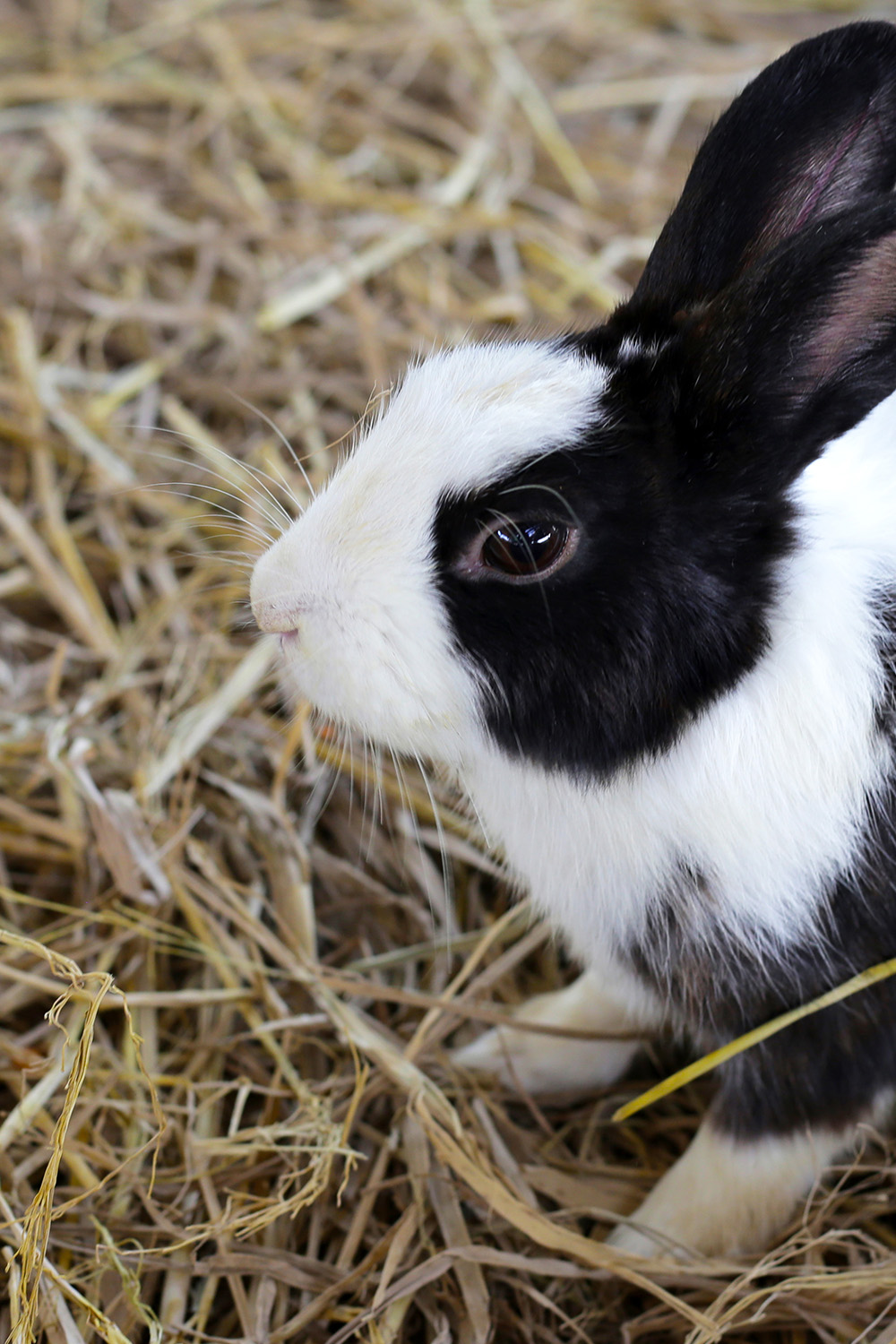
Pet insurance can be there to help with both accident and emergencies as well as for chronic conditions.
Finding a policy that suits you and your pet is important but be aware that if a policy looks too good to be true, it probably is.
A few factors we would recommend looking for in a policy :
A lifetime policy – this means that if your pet was to become unwell with an ongoing condition that the policy would cover them year on year without excluding the illness. This can provide piece of mind, knowing your pet will be covered throughout their whole life.
Policy amount – we would recommend looking for a policy with an annual cover of £7000 or above, as this should ensure enough cover for the majority of conditions.
Multi-pet discounts – if you have multiple pets at home, most companies will offer a multi-pet discount, so do ask about this.
Excess fees – are the part of a claim you pay yourself before the insurance starts covering the costs. These can vary between policies, so it’s worth checking what you’ll be expected to pay. Excesses can also change as your pet ages so be sure to look at this when setting up your policy.
Direct claims – we only offer Direct claims with Petplan. If you are insured with another company, we will ask you to pay for treatment at the time of your appointment and provide a claim form so you can claim the amount back from your insurer. With Petplan, we are happy to work directly with them so you only pay the excess and the rest we claim on your behalf.
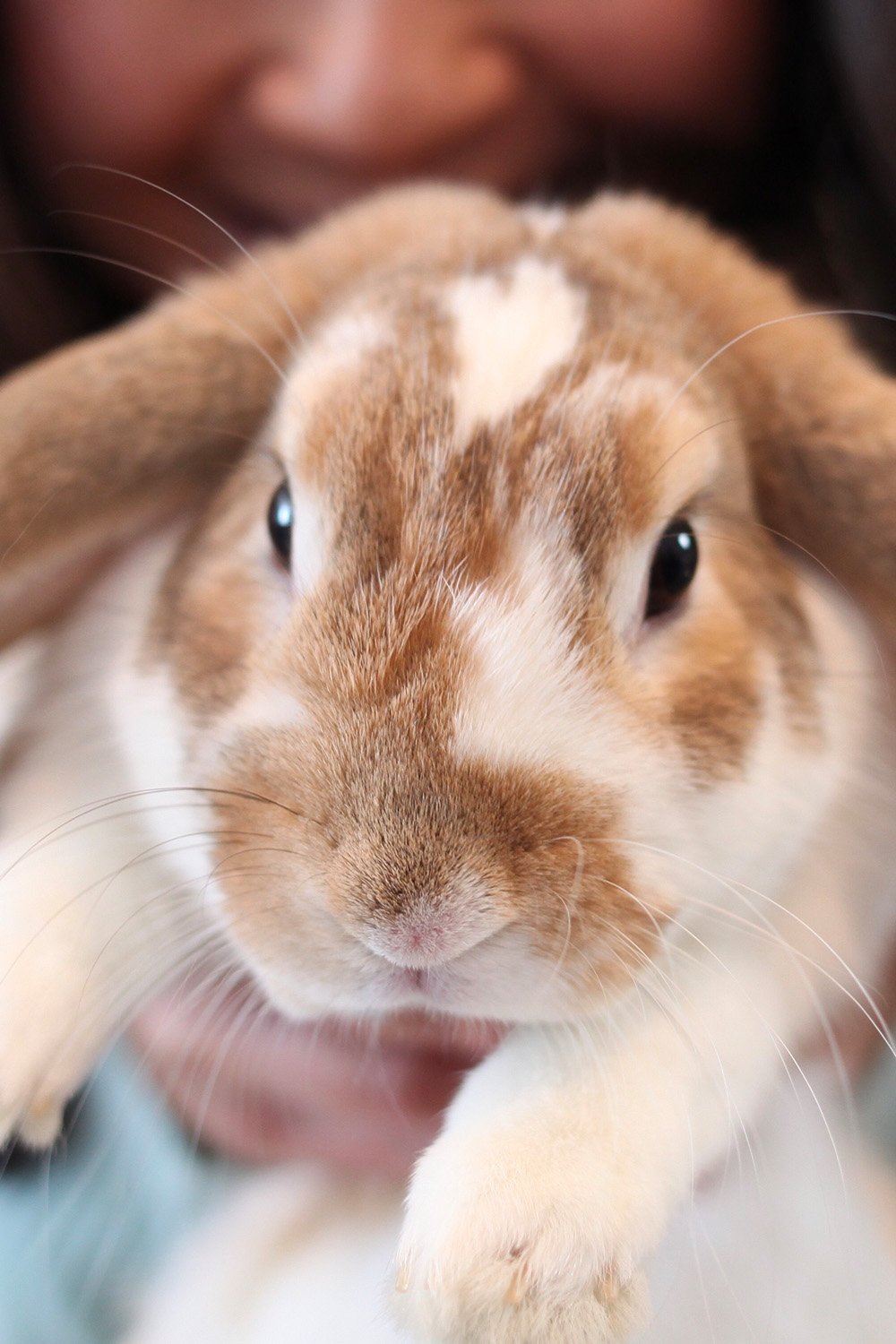
Rabbits are prey species so like to feel safe and secure. Having an environment that replicates life in the wild can help them emotionally. This consists of:
- Rabbits like to live in pairs or groups so we always recommend a companion and keeping bonded pairs or groups together even if travelling to the vets.
- Somewhere dark and cosy for them to sleep – this replicates a burrow underground and makes them feel safe from predators.
- A perch. This can be replicated with a box or an elevated area they can jump up onto so they can check for predators around them.
- Scratch boxes can be a good enrichment tool to replicate digging down into the burrow.
- Rabbits need quite a bit of space so ensuring an adequate space to eat, sleep and loaf is very important. A hutch is not enough and we recommend large mobile runs as well as hutch as a minimum.
- Temperature control – ensuring your rabbits are warm enough in the winter and have a shaded or cool area in the summer is very important as if confined they may not be able to seek these areas out for themselves.
- Cosy place to loaf – rabbits have sensitive hocks/feet and ensuring there is somewhere padded for them to sit can help support these areas from developing issues.
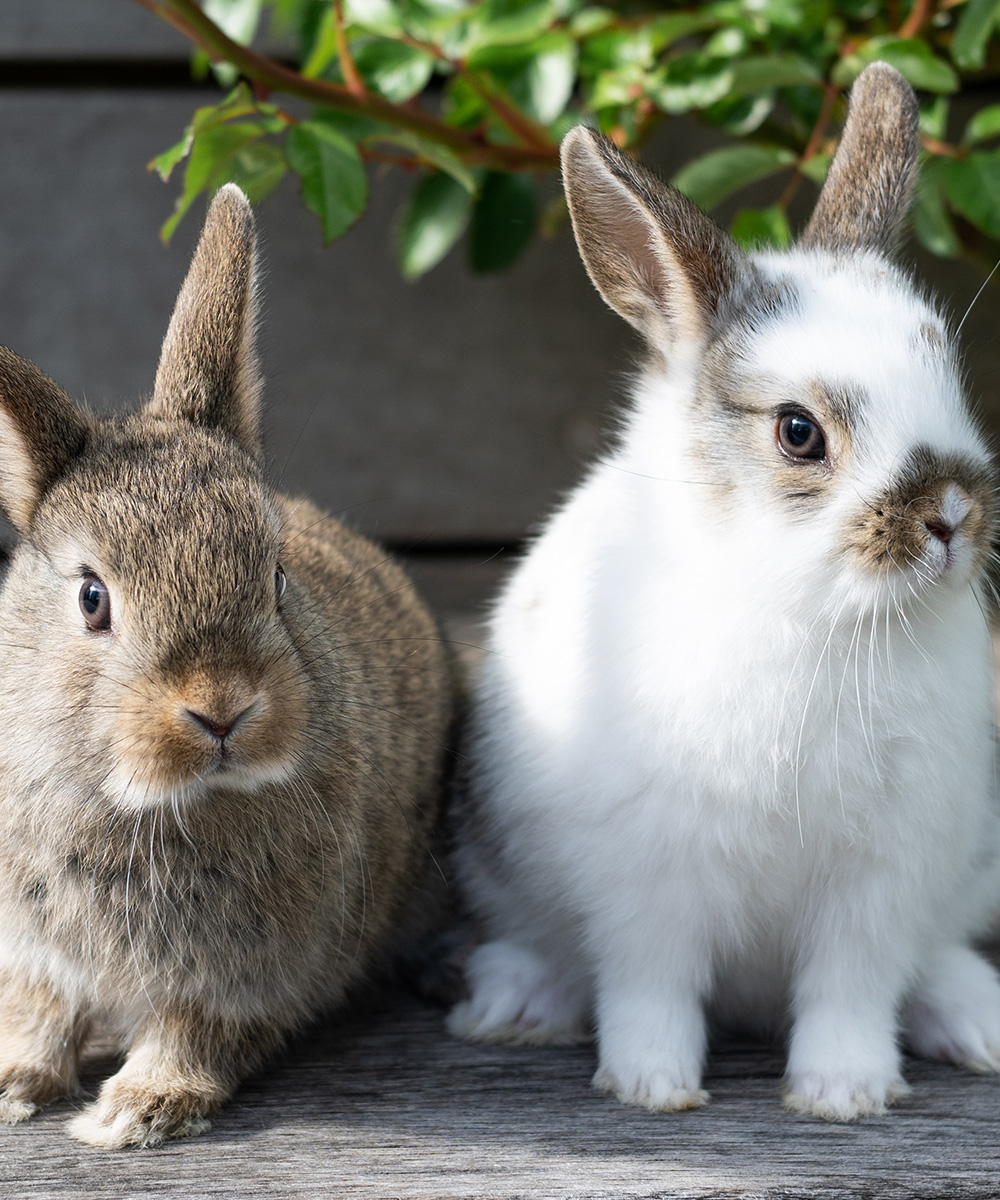
Rabbits are good at hiding signs of pain, worry and discomfort and an important part of having a rabbit is giving them a check every day to ensure there is nothing of concern.
As part of this daily check we recommend:
- Monitoring your rabbit’s food and water bowl or bottle to ensure they are eating and drinking
- Ensure you see fresh faeces in their tray or run as they should be continuously passing firm hard golden or brown faecal balls.
- Their bums should be clean – any faecal or urinary soiling should be cleaned away and ensure the area is dry, if this occurs we would recommend an appointment for assessment. In the summer flies can be attracted to soiled areas and if flies or maggots are seen on your rabbit, please bring them to the practice immediately.
- Hocks – rabbits can get lesions to their hocks as there is very little protection to this area. Checking these areas daily can pick up early signs of lesions to help address this.
